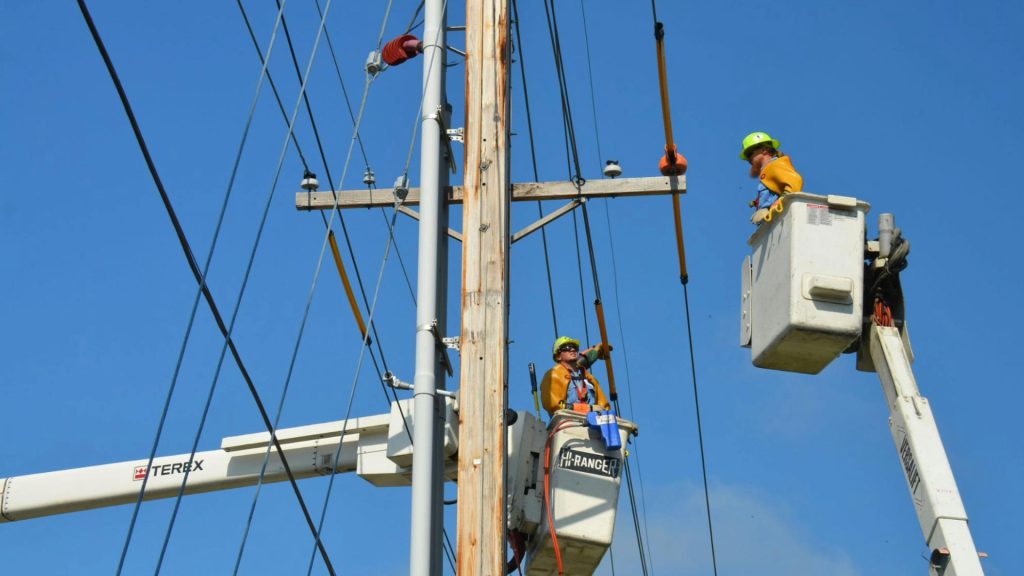Watchdog groups have raised concerns over California local governments investing billions in overtime pay, with individual earnings reaching up to $792,000 a year for police officers, firefighters, linemen, and utility workers.
Huge Earnings Since 2019
A report from The Daily Mail revealed that frontline workers in California have capitalized on the availability of extensive overtime since 2019, reaching the millions.

The situation has earned the name the “golden opportunity” as a way for workers to increase their income significantly, however it is earning serious criticism for its burden on taxpayer funds.
Individual Payouts in 2022 Were Staggering
In 2022, Ronald Terry, a sheriff’s lieutenant in San Francisco, earned a total of $738,432 by adding $374,503 in overtime to his base salary of $179,676.

His earnings showcase the significant levels of overtime pay that are present among certain service roles in California.
Santa Clara And Oakland
More examples of this are Lington Gordon, an electric crew foreman in Santa Clara, who brought home a whopping $703,621, with $363,013 from overtime, and Timothy Dolan, an Oakland police sergeant, who totaled $699,345 with $376,998 in overtime.

These instances highlight how overtime can drastically improve the annual earnings of public servants.
The Origin Of Overtime Funds
Billions allocated to overtime come from public funds, drawing attention from fiscal watchdogs and earning serious criticism.

Initially designed to address staffing shortages and improve provision, these funds have escalated into a significant fiscal challenge.
2022 Overtime Expenditures
In 2022, California’s government allocated a notable $7.7 billion in overtime pay, making up 8.3% of the total wage expenditures.

This substantial investment addresses understaffing in crucial services, but it is only a temporary fix.
Factors Behind High Overtime
Short staffing, generous union contracts, and steep hiring incentives, have all contributed significantly to the reliance on overtime.

Employing this strategy as a fiscal expedient due to hiring constraints has enabled employees to accumulate considerable overtime hours, incurring hefty costs for taxpayers.
The Extent Of Overtime Pay
Based on the Controller’s data, upwards of 7,100 state employees earned at least $100,000 each in overtime during 2022.

The staggering figures of overtime pay unveil the extensive extra hours logged by numerous employees.
Argument For More Hires
Advocates contend for more hires instead of relying heavily on overtime expenses makes for a compelling argument both financially and operationally.

“It makes far more sense to simply use the money you’d pay on overtime to hire more employees,” argued research director of Transparent California, Todd Maddison. He suggests coming up with a more sustainable distribution of work.
Safety Concerns
Officials have legitimate concerns about safety, citing the potential risk of excessive overtime. They warn that prolonged hours could pose a risk, especially for public safety workers.

Extended shifts may compromise performance and increase the chance of accidents in demanding roles.
2019 Growth In Overtime Costs
Since 2019, overtime expenses have gone up by 34% per worker, which is almost double the inflation rate of 18.2% over the same timeframe.

This trend illustrates the financial pressure that overtime is exerting on public budgets.
Management Issues In Overtime Use
There is an ongoing debate that cultural and managerial influence the approach to overtime use.

While some advocate for the legal right of workers to maximize their earnings, those in opposition often cite failures in management. “It’s a failure of management to properly negotiate these contracts and plan adequately,” noted Debora Allen, an accountant and BART board director.






